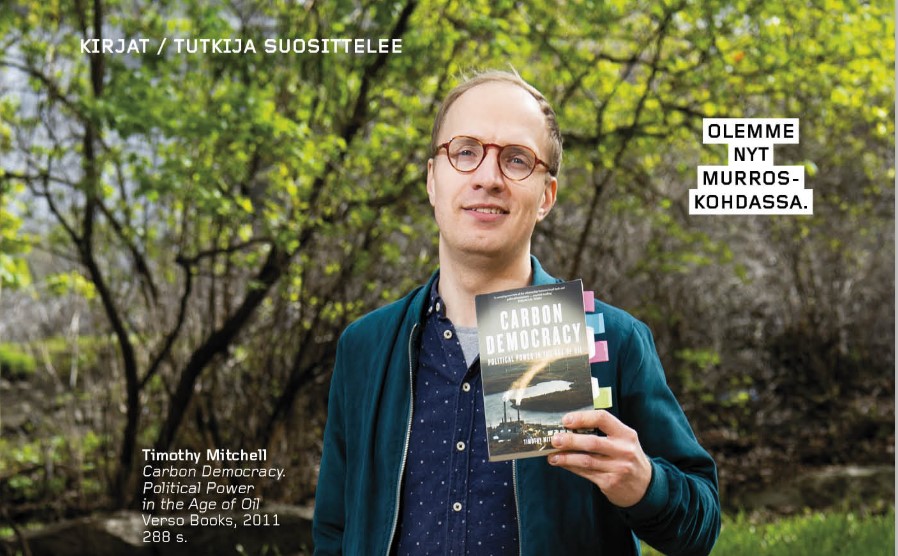Today starts ASEEES Summer Convention, organised at the University of Zagreb
in Croatia and our postdoctoral researcher Alla Bolotova takes part in it. First, Alla will be participating in the “Social Anthropology of Siberia and the North” roundtable.
The long-respected culture of Russian (and post-SU in general) traditional Siberian ethnography is today in some sense at war with the no-less respected culture of current social anthropology of Siberia. The purpose of the proposed Round Table is to discuss the issue. For this, we plan to present several recent projects in Siberian (“Northern”, Arctic) anthropology in order to show the potential of the region as an anthropological field, and the potential of social anthropology as a key to contemporary life in the region. Participants of the round table will present several case studies based on their current and completed projects in order to stimulate discussion of theoretical and practical relations between the two disciplines.
After that, Alla Bolotova will be a discussant at the “Informal Economics and Social Relations in Siberia” panel, where the researchers from the European University of St. Petersburg will be discussing the following issue:
The transition currently under way in Russia in general and in Siberia/Far North in particular can be described as a slow and difficult transition from a society based on discipline, guilt, and punishment to one based on initiative, law, and responsibility (Alain Ehrenberg). Informal aspects of human relations become extremely important: from ‘informal economics’, including poaching and other semi-legal and illegal activities that helps to compensate for inadequacies of the legal system, to personal relations that play a very important role in compensating for the inadequacies of foods and goods supplies. The panel will explore and discuss the issue on the basis of three social anthropological case studies from different regions of Siberia/Far North.
More information on the conference can be found online.

